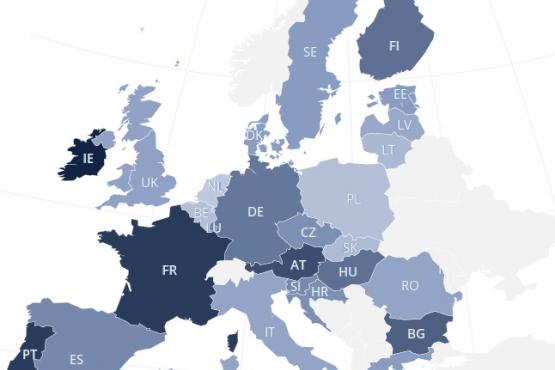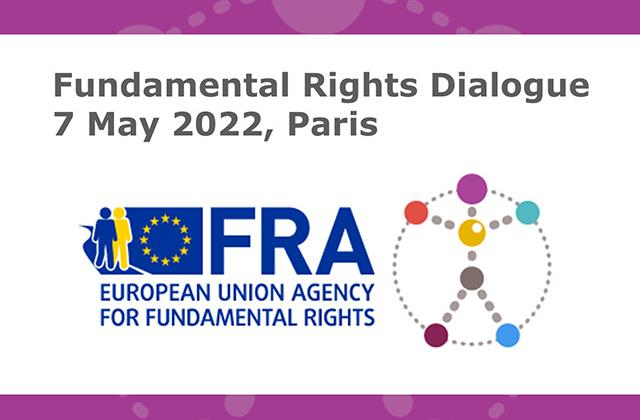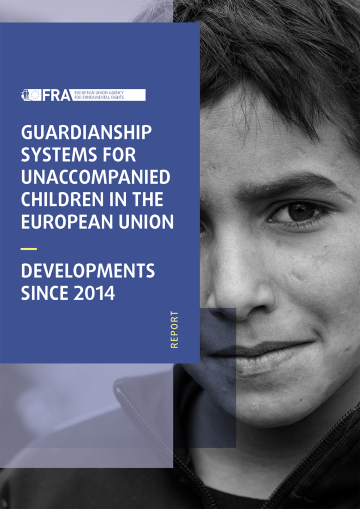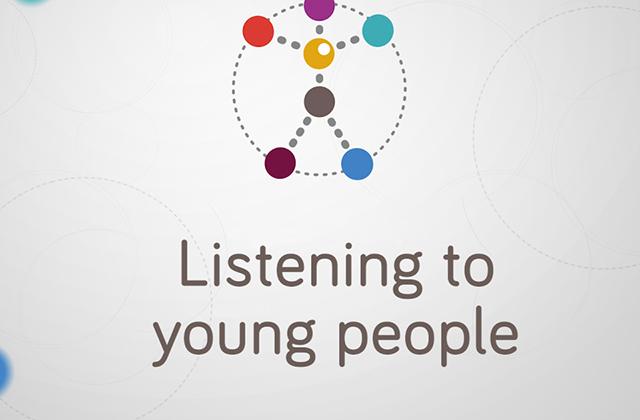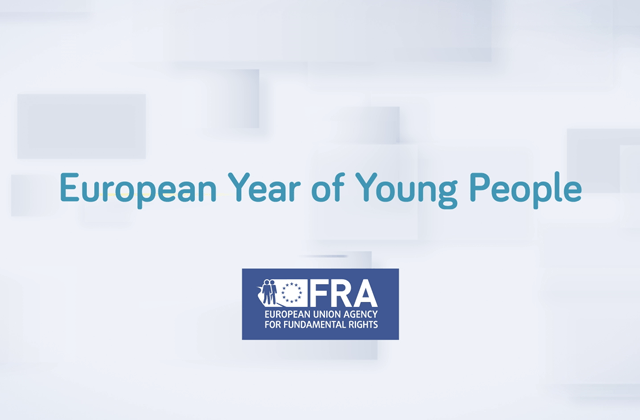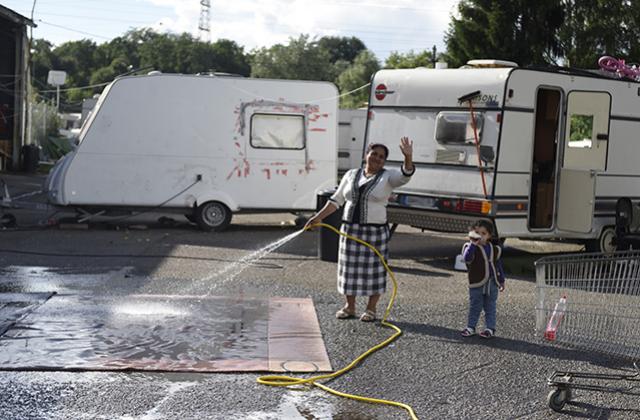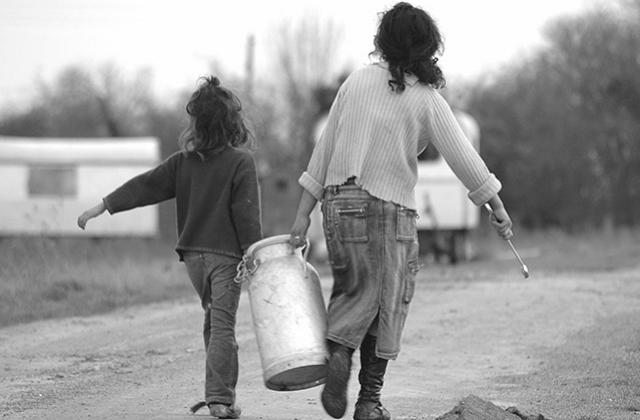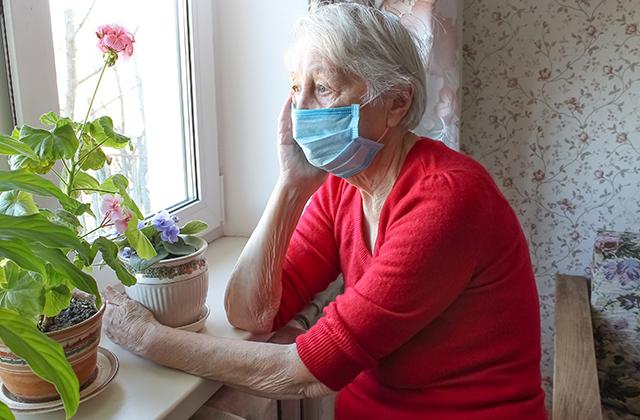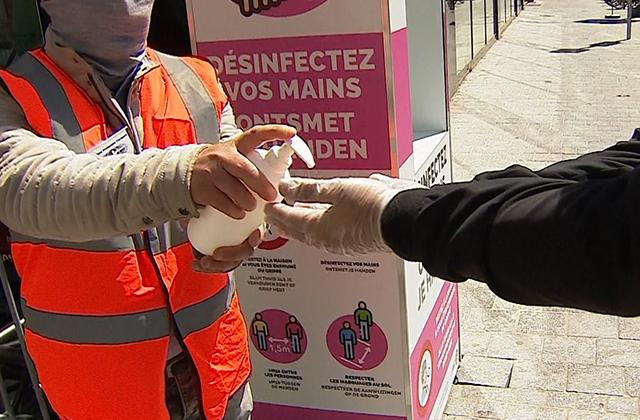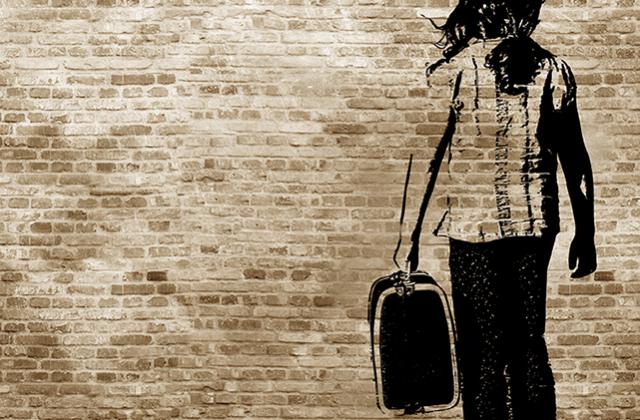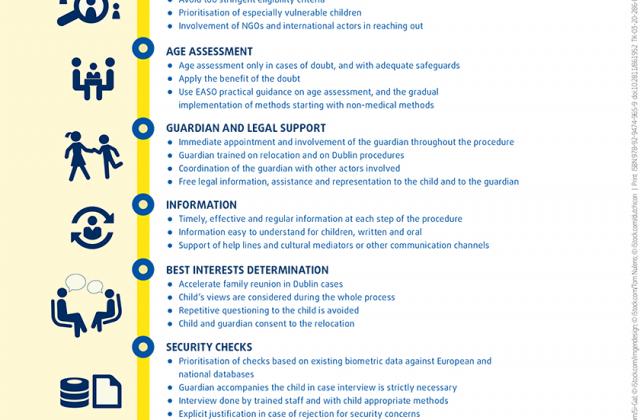Niños, niñas, jóvenes y personas mayores
Highlights
- Report / Paper / Summary13September2023Europe’s ageing population is ever-increasing, and our societies are becoming more digitalised. Many public services are now available online, with many more services in the process of being digitalised. But the digitalisation of public services poses a risk of exclusion for older persons. In this new report, FRA explores the impact of digitalisation on the fundamental rights of older persons. The report maps the current legislation, policies and practices fostering digital inclusion. It provides an overview of the laws at the national level that provide for equal access to public services, both online and offline. The findings show how Member States safeguard older person’s rights to access services undergoing digitalisation. It outlines how Member States can support digital skills and ensure older people can fully participate in public life.
- Handbook / Guide / Manual7April2022Los niños son titulares plenos de derechos. Son beneficiarios de todos los derechos humanos y fundamentales, y están sujetos a una regulación especial por sus características específicas. El presente manual tiene el propósito de ilustrar el modo en que la legislación y la jurisprudencia europeas se adecuan a los intereses y las necesidades específicas de los niños. Muestra también la importancia de los padres, tutores u otro tipo de representantes legales, y hace referencia, cuando procede, a los supuestos en que los derechos y las responsabilidades se asignan principalmente a los cuidadores de los niños. Este manual tiene el objeto de elevar la sensibilización y mejorar el conocimiento en relación con la normativa que protege y fomenta los derechos de los niños en Europa. Es un punto de referencia en Derecho de la UE y el CdE en relación con estos ámbitos de interés y explica cómo se regula cada cuestión en el Derecho de la UE, incluida la Carta de los Derechos Fundamentales de la Unión Europea, así como el CEDH, la CSE y otros instrumentos del CdE.
- Leaflet / Flyer20November2019Child rights come first. Measures to ensure child protection and participation apply to all children in the EU. This brochure guides you to relevant FRA reports and tools that can support you when promoting and protecting the rights of all children in the EU.
- Report / Paper / Summary25April2018The right to access justice and all other relevant procedural rights are not just rights in themselves; they also protect against violations of every other right. Respect for children’s rights in the area of justice is therefore essential. International treaties, the Charter of Fundamental Rights of the European Union, European Union (EU) secondary law, and national legislation provide a number of relevant rights.




